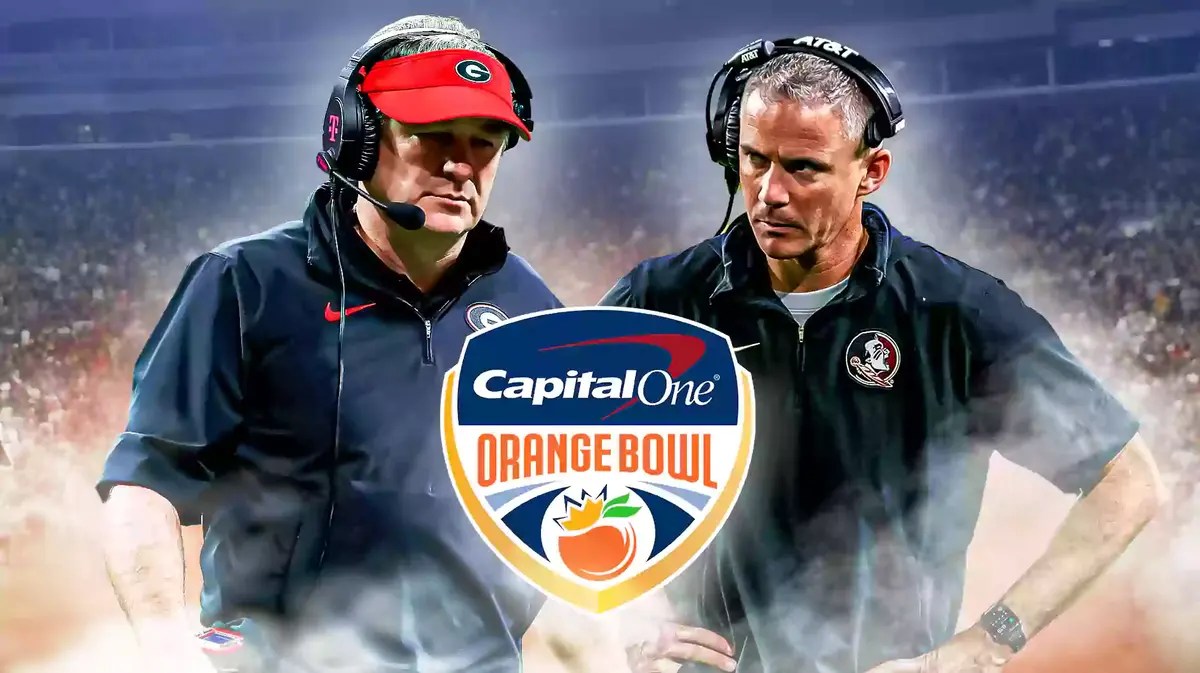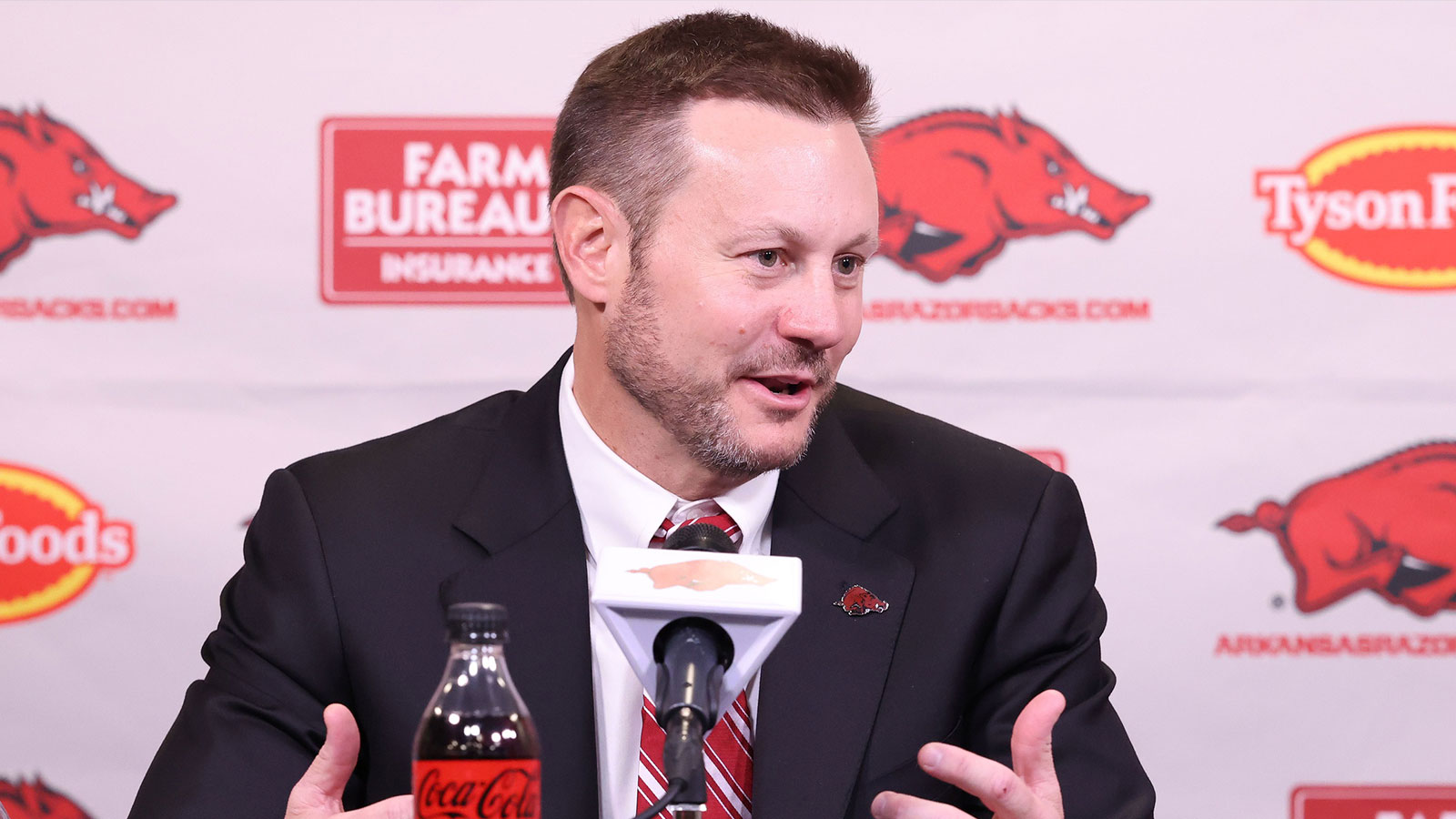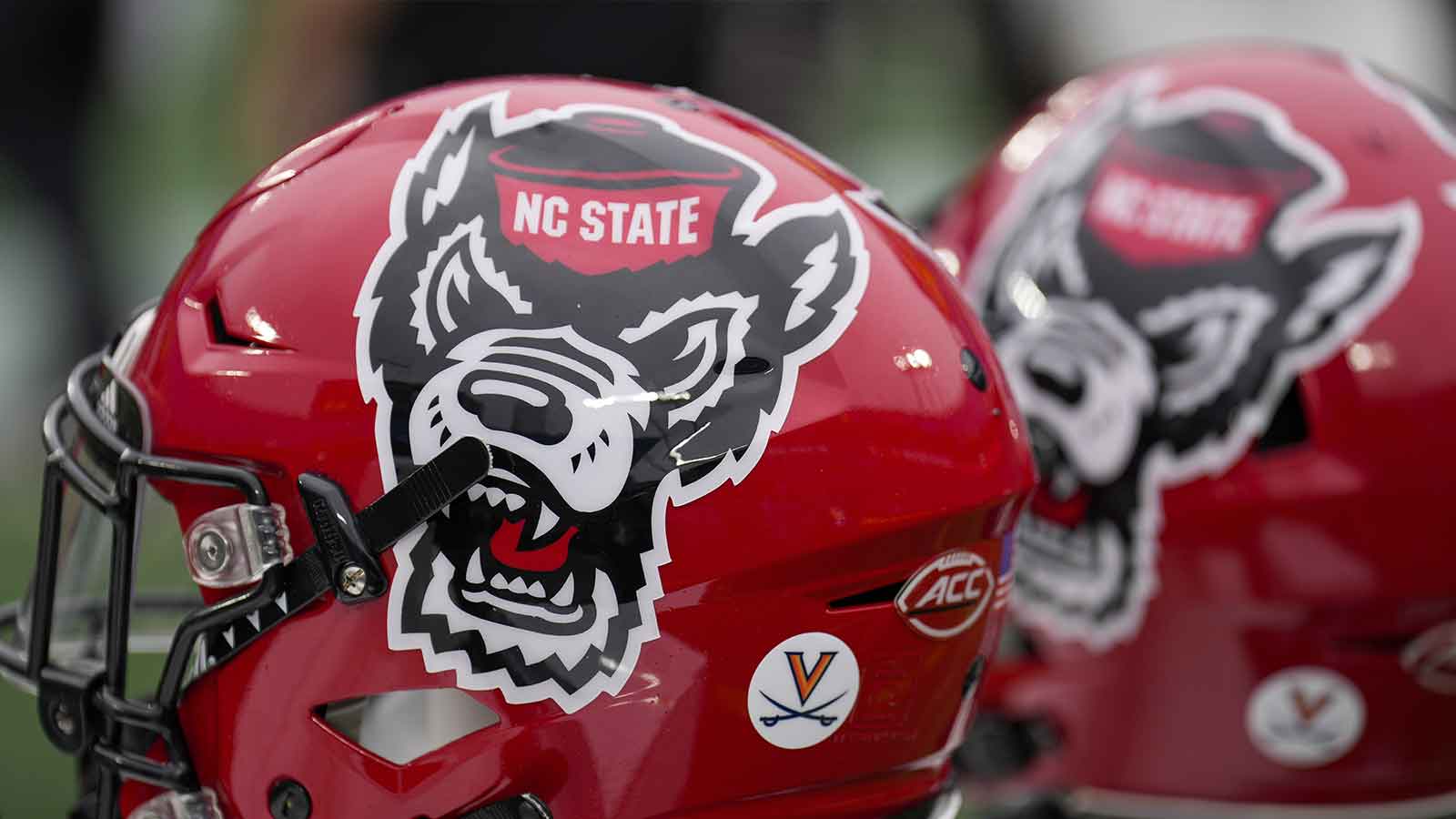The Orange Bowl used to be a coveted college football bowl game. Dating back to 1935, the first of the annual game, it, along with the Rose, Cotton, and Sugar Bowls, has been a staple where competitive college football excellence has been displayed. But the 2023 season's Orange Bowl between Georgia and Florida State football was far short of anything competitive or excellent, for that matter.
The Bulldogs (13-1) absolutely demolished the Seminoles (13-1) by a score of 63-3, which was the largest margin of victory ever in a bowl game, according to ESPN. The win even bested Georgia's 65-7 win over TCU in last year's College Football Playoff national championship game. Including their two back-to-back national title games, the Bulldogs have now outscored their opponents by an average of 43.5 to 19.2 dating back to their last Orange Bowl appearance in 2021 when they faced Michigan in a semifinal playoff game. But only one of those games (2022 Peach Bowl semifinal versus Ohio State) was by less than two scores or more (42-41).
But those other games were under far different circumstances than this year's Orange Bowl. These days under Kirby Smart, Georgia has never been short on talent, as that's been obvious on the field of play. And that was for sure the case again in the Orange Bowl — but that's because the Seminoles were more than short-handed, making for a massive talent gap against the Bulldogs, who had their own cupboard emptied to a degree.
The Orange Bowl suffered from a massive gap in talent with Florida State football
Head coach Mike Norvell and the Florida State football team were down more than two dozen players due to what has become the new normal during the college football postseason for those teams not playing in the playoff. Thanks to the transfer portal and opt-outs — and one crucial injury to quarterback Jordan Travis weeks before — the Seminoles were voided of some of their premier talent that made them 13-0 and ACC Champions. Five of those were starters on the defensive line, two were top running backs like Trey Benson, and three were receivers like Keon Coleman.
The result was that Georgia football was able to score on nine out of their 12 drives (all touchdowns) of the game, amassing 673 yards of total offense. But as a defense, the Bulldogs forced four turnovers, held the Seminoles to just 209 yards of offense, and 24:22 in time of possession.
Some who were less educated to the current landscape of college football or bitter rivals of Florida State football properly exclaimed, “See, that's why they didn't deserve to be in the playoff.” And yes, that would be true if that team was playing against Michigan like Alabama did in the Rose Bowl. But that Florida State team wouldn't have been the one playing in the playoff.
Bowl games have now become less important due to players having more say

While the effects of the transfer portal and NIL continue to change the sport, some of the immediate effects we see on the field are in the postseason, where the future matters far more than the present. Opt-outs are now the new normal for the postseason where silly, advertisement-infused named bowl games are seen as non-essential, and traditions, like the Orange Bowl, are a dying breed.
Florida State's snub out of the top-4 in the CFP this season had most harboring that this was definitely a time for a change to the four-team format. But the four-team format within five power conferences always heeded change from the beginning. Florida State's appearance in the Orange Bowl definitely signals a sign for change and the reassuring need for the ensuing 12-team playoff, but it was their treatment of the once-coveted bowl game that warrants the change, not a snubbing from the playoff.
There is now a massive epidemic going on in college football, with Georgia's Smart calling it “contagious” that has caused irreversible damage to the sport's postseason because of former Stanford running back Christian McCaffrey, who first opted out of the Sun Bowl back in 2016. With his decision, coupled with the inclusion of the playoff in 2014, he chose to overrule tradition in favor of sensibility. McCaffrey, and others after him like the players for both Georgia and Florida State, are now saying what no one had the nerve to say decades before them: these bowl games are nothing more than glorified scrimmages/exhibition games.
While college football traditionalists will scoff at that notion, they know it to be true. But during a time where players have more say over their college football careers than ever, none can truly be shunned like they would have years ago. The sport is now more condensed, more business-fixated — and somehow more problematic.
But one area that may be gaining improvement is with the incoming 12-team playoff format. Like the other postseason formats before it, it will be far from perfect, though it could be less problematic. It will at least make 11 games more meaningful, making for less opt-outs and transfers.




















